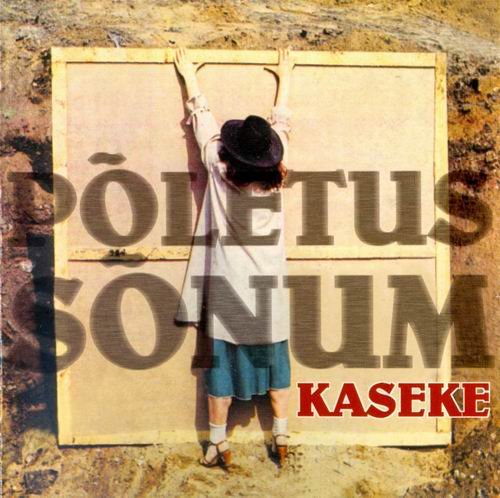Lulenga - Digital Indigenous 08: Aliyuyo Uyoo (2024)
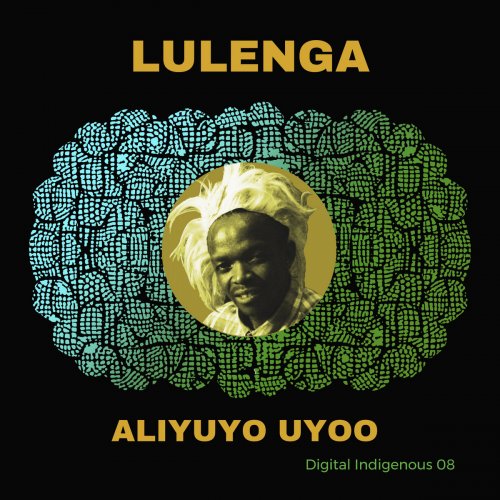
Artist: Lulenga
Title: Digital Indigenous 08: Aliyuyo Uyoo
Year Of Release: 2024
Label: 1000 HZ
Genre: World
Quality: 16-44100 FLAC
Total Time: 00:44:29
Total Size: 264 MB
WebSite: Album Preview
Bonnie Lulenga, born in 1977, is a musician and instrument maker from Kising'a village in Kilolo District, Iringa Region, Tanzania. He belongs to the Lulenga clan, a Hehe clan primarily located in the South-Eastern part of Iringa Region. Kising'a village lies on the slopes of the Udzungwa Mountains.Title: Digital Indigenous 08: Aliyuyo Uyoo
Year Of Release: 2024
Label: 1000 HZ
Genre: World
Quality: 16-44100 FLAC
Total Time: 00:44:29
Total Size: 264 MB
WebSite: Album Preview
Bonnie who works primarily as a farmer in Kising'a joined the Fahari Yetu artisan business development programme in 2015 and began performing regularly at Iringa Boma – Regional Museum and Cultural Centre in 2016.
Bonnie's musical repertoire includes traditional Hehe songs, which he performs using self-manufactured instruments made from local materials. These instruments include drums, whistles, cowbells, bass strings, and mortars. Traditionally, Hehe music consists of singing and dancing accompanied by drums, whistles, and ankle bells. Bonnie has developed a repertoire based on six different styles, which he plays on his various handmade instruments.
Many of Bonnie's songs reference Mkwawa, the Hehe leader who effectively led a guerrilla war against German colonizers in the 19th century until, surrounded by invaders, he committed suicide. Mkwawa played a further role in Tanzania's history: his skull, stolen by Germans and placed in a museum in Bremen, only returned to Iringa in the 1950s. Other songs allude to Hehe traditions and pay tribute to the Fahari Yetu organization.
The inspiration for his instrument- and music-making came from a vivid dream, as Bonnie recounts:
"It came to me one night in my dreams. In my dream, I saw myself assembling a special instrument, like the drum I am using in my set now. And then I saw myself making another one. After I woke up, that dream stuck in my mind and I began collecting items and materials like buckets, planks, wire, animal skin and the like. I started constructing, listening to the voice that I had heard in my dreams."
Music serves as a supplementary source of income for Bonnie, alongside his primary occupation of farming. He continues a family tradition of instrument-making, as his grandfather made rattles and other instruments in exchange for livestock. Bonnie began receiving economic benefits from his craft in the 2000s, initially through gifts from community members and later through bookings for various celebrations and events.
Recordings of Bonnie Lulenga’s music were produced in collaboration with Fahari Yetu at the Iringa Boma museum. The recordings were engineered by Piotr Dang Cichocki, who later mixed the 4-channel session, adding subtle electronic elements. This biography was compiled by Jan Kuever, who also served as a linguistic and cultural consultant for the album's release.
Tracklist:
1-1. Lulenga - Kileka Mkwawa (What Mkwawa Left Us) (11:48)
1-2. Lulenga - Singendonge Ndilusele (Until I Say Is When I Know) (05:51)
1-3. Lulenga - Mwinogani Gwealilige (What Did He Put into His Food?) (05:36)
1-4. Lulenga - Aliyuyo Uyoo Mkwawa (Mkwawa the Miraculous Child) (08:32)
1-5. Lulenga - Shairi La Fahari Yetu (A Poem for Fahari Yetu) (12:42)
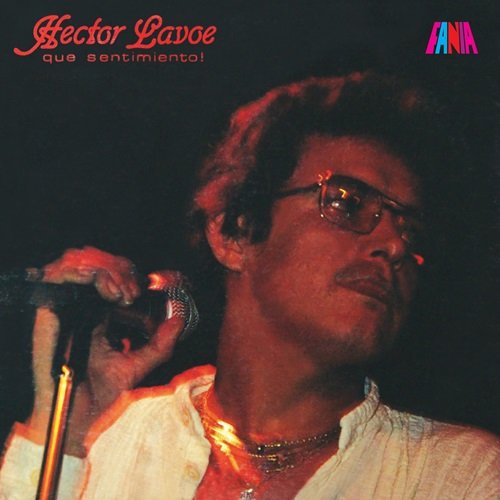
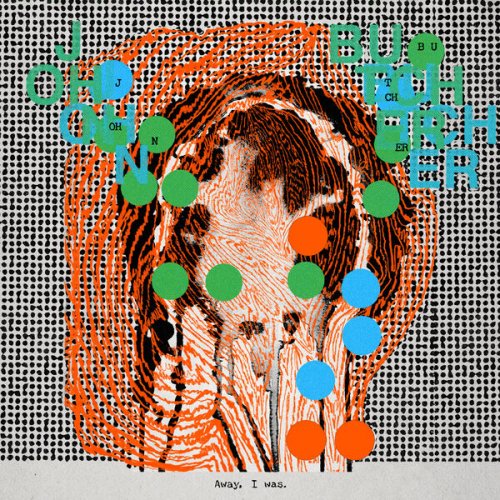
![JJ Whitefield & Forced Meditation - Birth Of Consciousness (2026) [Hi-Res] JJ Whitefield & Forced Meditation - Birth Of Consciousness (2026) [Hi-Res]](https://www.dibpic.com/uploads/posts/2026-01/1769020727_l9wocglubqqub_600.jpg)

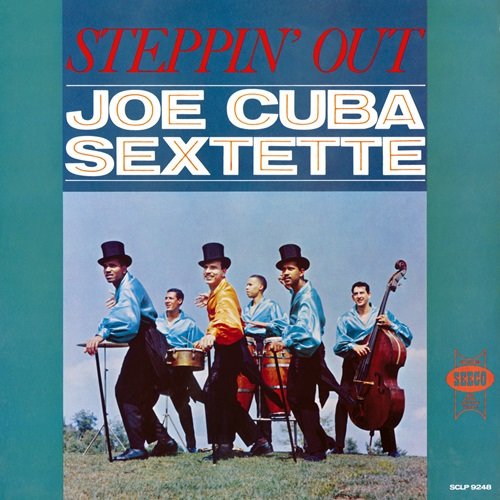
![Akram Abdulfattah - Taqasim Kaman (2026) [Hi-Res] Akram Abdulfattah - Taqasim Kaman (2026) [Hi-Res]](https://www.dibpic.com/uploads/posts/2026-01/1769093555_cover.jpg)
![Rachael & Vilray - West of Broadway (Deluxe Edition) (2026) [Hi-Res] Rachael & Vilray - West of Broadway (Deluxe Edition) (2026) [Hi-Res]](https://www.dibpic.com/uploads/posts/2026-01/1769104420_cover.jpg)

